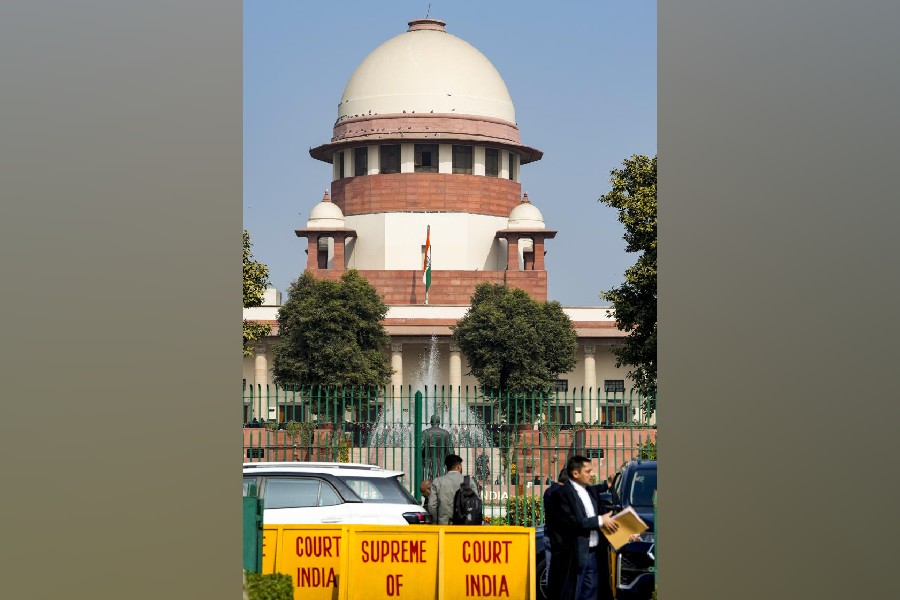A woman being forced to return to her abusive marital home by her own parents is a stark example of violence perpetrated by the natal family, said the founder of a feminist organisation at the launch of a recent study.
The study by Swayam — titled The Natal Family: A Neglected Site of Domestic Violence Against Women — challenges the widely held belief that a woman’s parental home is a place of unconditional love and protection. It draws attention to the emotional, psychological, economic and physical violence that women face from their natal families, often silently and without recourse.
It also points out that women are more likely to seek legal help against an abusive spouse or in-laws than they are to take action against their own parents or siblings.
The research is based on the lived experiences of 50 women who sought help from Swayam and consented to participate in the study.
The founder of Swayam, Anuradha Kapoor, highlighted that in many of these cases, the women’s families were aware of the abuse inflicted by their marital families — and yet chose not to support them.
“The natal family hasn’t created conditions for her to support herself. She’s not allowed to pursue education or work, and when she is in crisis, she’s sent back to the same abusive environment — abandoned, effectively,” she said.
In some instances, families even pushed through marriages despite knowing the groom’s problematic background. They often don’t check the groom’s background or, worse, knowingly get her married into a harmful situation, Kapoor added.
She stressed that while physical or verbal abuse is recognised and criminalised, more insidious forms of violence by parents, brothers, and extended kin — such as curtailing autonomy, and early or forced marriage — often remain unacknowledged.
“A woman may not be physically abused, but the impact of being denied autonomy or discriminated against can be far worse. Much of this abuse is masked as ‘protection’ or concern for family honour — for example, restricting her movement or forbidding her from choosing a partner,” Kapoor said.
Pandemic spotlight
While Swayam has worked with survivors of domestic violence for over 30 years, it was the Covid-19 pandemic that brought natal family violence into sharper focus. With colleges and workplaces shut, many young women returned to their parental homes from other cities, only to find themselves under strict control, the study notes.
Their privacy was invaded, mobility restricted, and autonomy stripped, as families imposed rigid expectations and constant surveillance, the study states.










